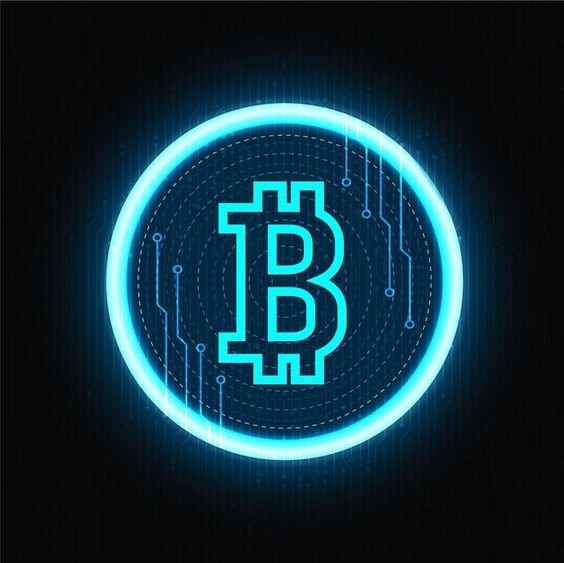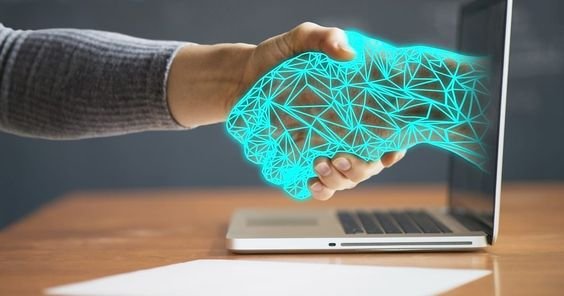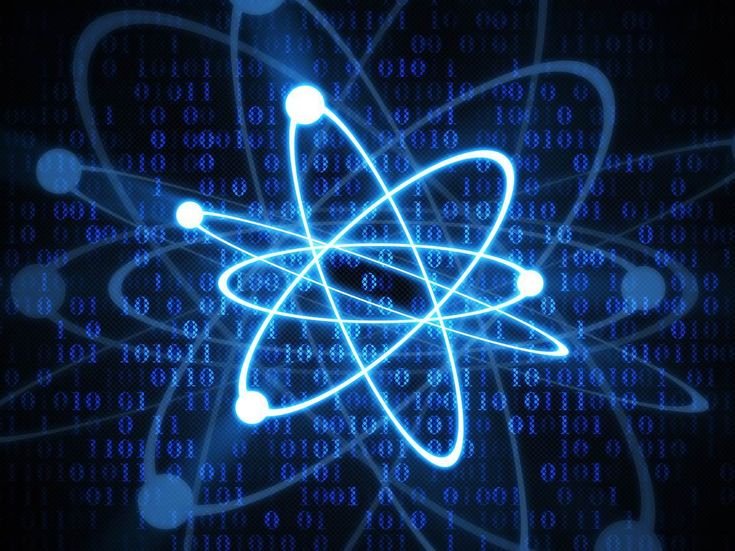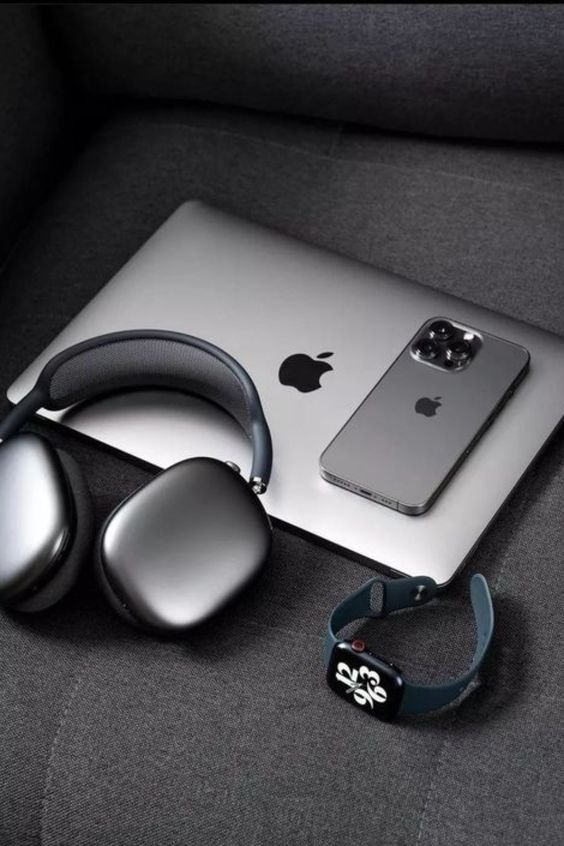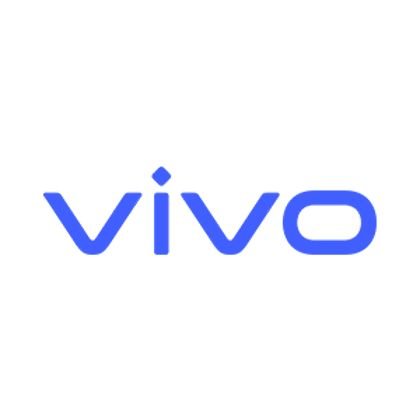
Decentralized Autonomous Organizations (DAOs) have emerged as a revolutionary concept in the world of blockchain and decentralized technologies. They represent a new paradigm of governance that challenges traditional hierarchical structures, offering a more transparent, inclusive, and democratic approach to decision-making. As blockchain technology continues to evolve, DAOs are increasingly becoming central to discussions about decentralized governance. This article explores the role of DAOs in decentralized governance, their significance, challenges, and the future they hold in shaping the governance of the digital and possibly the physical world.
Understanding DAOs: The Basics
What is a DAO?
A Decentralized Autonomous Organization, or DAO, is an organization that operates on a blockchain and is governed by smart contracts. These smart contracts are pre-programmed codes that automatically execute certain actions when predefined conditions are met. Unlike traditional organizations that rely on a centralized leadership structure, DAOs are managed collectively by their members, who hold tokens that grant them voting rights.
DAOs are designed to be transparent, with all decisions, transactions, and governance processes recorded on the blockchain. This transparency ensures that all actions taken by the DAO are visible to the public, reducing the risk of corruption and increasing trust among participants.
The Evolution of DAOs
The concept of DAOs has evolved alongside the development of blockchain technology. Early DAOs were relatively simple, often focused on specific tasks such as managing a shared fund. However, as the technology matured, DAOs became more sophisticated, with the ability to govern complex ecosystems, manage large-scale projects, and even influence real-world decisions.
One of the most notable early examples of a DAO was “The DAO,” launched on the Ethereum blockchain in 2016. Although “The DAO” ultimately failed due to a vulnerability in its code, it marked a significant milestone in the development of decentralized governance and sparked widespread interest in the potential of DAOs.
The Role of DAOs in Decentralized Governance
Democratizing Decision-Making
One of the most significant roles of DAOs in decentralized governance is their ability to democratize decision-making. In traditional organizations, decisions are typically made by a small group of leaders or executives. This centralized approach can lead to a concentration of power, where a few individuals have significant control over the direction of the organization.
DAOs, on the other hand, distribute decision-making power among all token holders. Each member of a DAO has the right to propose changes, vote on proposals, and participate in the governance process. This decentralized approach ensures that all voices are heard, and decisions reflect the collective will of the community rather than the preferences of a few.
Transparency and Accountability
Transparency is a core principle of DAOs, and it plays a crucial role in decentralized governance. All actions taken by a DAO, including voting results, financial transactions, and governance changes, are recorded on the blockchain. This transparency allows members to hold each other accountable and ensures that the organization operates in a fair and ethical manner.
In traditional organizations, transparency is often limited, with decisions made behind closed doors and financial information kept private. This lack of transparency can lead to corruption, mismanagement, and a loss of trust among stakeholders. DAOs address these issues by making all information publicly accessible, fostering a culture of openness and accountability.
Enabling Global Participation
DAOs are not bound by geographical or jurisdictional boundaries, making them inherently global organizations. This global nature allows people from all over the world to participate in the governance process, regardless of their location. As long as individuals have access to the internet and the necessary tokens, they can contribute to the decision-making process of a DAO.
This global participation is particularly significant in the context of decentralized finance (DeFi) and other blockchain-based projects that operate on a global scale. By enabling individuals from different backgrounds and regions to participate in governance, DAOs can benefit from diverse perspectives and insights, leading to more robust and inclusive decision-making.
Reducing the Influence of Centralized Entities
In traditional governance models, centralized entities, such as governments or corporations, often hold significant power and influence. These entities can impose regulations, control resources, and shape the direction of industries. While centralized governance has its advantages, it can also lead to abuses of power, lack of representation, and decision-making that does not align with the interests of all stakeholders.
DAOs offer an alternative to centralized governance by distributing power among a decentralized network of participants. In a DAO, no single entity has control over the organization, and decisions are made collectively by the community. This decentralized approach reduces the influence of centralized entities and empowers individuals to take control of their own governance.
Facilitating Collaborative Governance
DAOs are well-suited to facilitate collaborative governance, where multiple stakeholders work together to achieve common goals. In traditional organizations, collaboration is often limited by hierarchical structures, communication barriers, and conflicting interests. DAOs, however, provide a platform for stakeholders to collaborate in a transparent and decentralized manner.
For example, in the context of decentralized finance (DeFi), multiple DAOs can collaborate to create interoperable protocols, share resources, and develop new financial products. This collaborative approach enables innovation and allows for the creation of complex ecosystems that would be difficult to achieve through centralized governance.
Challenges and Limitations of DAOs in Decentralized Governance
Governance Challenges
While DAOs offer many advantages in decentralized governance, they also face significant challenges. One of the primary challenges is the complexity of governance processes. In a DAO, decision-making can be slow and cumbersome, especially when there are a large number of participants. Reaching consensus on important issues can be difficult, and the process may require extensive deliberation and discussion.
Additionally, the decentralized nature of DAOs can lead to governance challenges related to coordination and communication. Without a central authority to guide the organization, participants may struggle to align their interests and work towards common goals. This lack of coordination can result in inefficiencies and hinder the effectiveness of the DAO.
Security Risks
Security is another significant challenge for DAOs. Since DAOs operate on blockchain networks and are governed by smart contracts, they are vulnerable to hacking, exploits, and other security threats. The infamous hack of “The DAO” in 2016, where an attacker exploited a vulnerability in the smart contract to siphon off millions of dollars worth of Ether, highlights the risks associated with DAOs.
To mitigate these risks, it is essential for DAOs to undergo rigorous security audits, implement robust code, and continuously monitor for potential vulnerabilities. However, even with these precautions, the risk of security breaches remains a concern for DAOs and their participants.
Legal and Regulatory Challenges
The legal and regulatory landscape for DAOs is still evolving, and many jurisdictions have yet to establish clear guidelines for their operation. This lack of regulatory clarity creates challenges for DAOs, particularly when it comes to issues such as liability, taxation, and compliance with local laws.
In some cases, DAOs may be subject to existing regulations that were not designed with decentralized organizations in mind. For example, securities laws may apply to DAOs that issue tokens, potentially classifying them as unregistered securities. Navigating these legal challenges requires careful consideration and, in some cases, legal counsel to ensure compliance with applicable regulations.
Governance Token Distribution
The distribution of governance tokens is a critical factor in the functioning of a DAO. Ideally, tokens should be distributed in a way that reflects the diversity of the community and ensures that all participants have a voice in the governance process. However, in practice, token distribution can be uneven, with early adopters or large investors holding a disproportionate amount of tokens.
This concentration of tokens in the hands of a few individuals can lead to governance imbalances, where a small group of participants has outsized influence over the decision-making process. To address this issue, DAOs must carefully design their token distribution models and consider mechanisms such as quadratic voting or weighted voting to ensure fair representation.
The Future of DAOs in Decentralized Governance
DAOs in Decentralized Finance (DeFi)
One of the most promising areas for the application of DAOs is in decentralized finance (DeFi). DeFi protocols, which operate on blockchain networks, are often governed by DAOs, allowing participants to propose and vote on changes to the protocol. This decentralized governance model is well-suited to the ethos of DeFi, where the goal is to create open, permissionless financial systems that are accessible to everyone.
As the DeFi ecosystem continues to grow, DAOs are likely to play an increasingly important role in shaping the future of finance. By enabling decentralized governance, DAOs can ensure that DeFi protocols remain adaptable, resilient, and responsive to the needs of their users.
DAOs in Social and Environmental Impact
Beyond the realm of finance, DAOs have the potential to drive social and environmental impact. For example, DAOs can be used to coordinate and fund initiatives related to climate change, social justice, and community development. By leveraging the power of decentralized governance, DAOs can bring together diverse stakeholders to work towards common goals and drive positive change.
One example of a DAO focused on social impact is the KlimaDAO, which aims to address climate change by creating a carbon-backed digital currency. Participants in KlimaDAO can vote on proposals related to carbon offsets, funding for environmental projects, and other initiatives aimed at reducing carbon emissions.
The Integration of AI and DAOs
The integration of artificial intelligence (AI) with DAOs represents another exciting frontier for decentralized governance. AI can be used to enhance the decision-making process within DAOs by analyzing large datasets, identifying patterns, and providing insights that can inform governance decisions. Additionally, AI-powered DAOs could operate with minimal human intervention, relying on algorithms to execute governance processes autonomously.
While the concept of AI-driven DAOs is still in its early stages, it has the potential to revolutionize the way decentralized governance is conducted. By combining the transparency and inclusivity of DAOs with the analytical capabilities of AI, it may be possible to create more efficient, data-driven governance models that are better equipped to address complex challenges.
DAOs in Real-World Governance
As DAOs continue to evolve, there is potential for their principles to be applied to real-world governance systems. For example, DAOs could be used to facilitate community-driven decision-making in local governments, enabling citizens to vote on proposals and participate in the governance of their communities. Additionally, DAOs could be used to manage public resources, such as parks or community centers, in a transparent and accountable manner.
While the adoption of DAOs in real-world governance is still a distant prospect, the concept is gaining traction among advocates of decentralized governance. By demonstrating the effectiveness of DAOs in digital contexts, proponents hope to inspire broader adoption of decentralized governance principles in physical governance systems.
The Challenges of Scaling DAOs
As DAOs become more complex and ambitious, the challenge of scaling their governance processes becomes increasingly apparent. Scaling DAOs requires not only technical solutions, such as improved blockchain infrastructure and smart contract design, but also social and organizational innovations that can facilitate coordination among large numbers of participants.
One potential solution to the scaling challenge is the development of “sub-DAOs” or nested DAOs, where smaller DAOs operate within a larger ecosystem. These sub-DAOs can focus on specific tasks or projects, while the larger DAO provides overarching governance and coordination. This modular approach to governance can help DAOs scale more effectively while maintaining the benefits of decentralized decision-making.
The Role of DAOs in Shaping the Future of Governance
DAOs represent a significant departure from traditional governance models, offering a decentralized, transparent, and inclusive approach to decision-making. While they are still in the early stages of development, DAOs have already demonstrated their potential to transform industries ranging from finance to social impact.
As blockchain technology continues to evolve and more people recognize the benefits of decentralized governance, DAOs are likely to play an increasingly important role in shaping the future of governance. Whether in the digital realm or in real-world contexts, DAOs have the potential to empower individuals, reduce the influence of centralized entities, and create more democratic and accountable governance systems.
Conclusion
The role of DAOs in decentralized governance is multifaceted and holds significant promise for the future. By democratizing decision-making, enhancing transparency, and enabling global participation, DAOs offer a powerful alternative to traditional governance models. However, they also face challenges related to governance complexity, security, and legal compliance that must be addressed to fully realize their potential.
As DAOs continue to evolve and mature, they are likely to play an increasingly important role in a wide range of sectors, from finance to social impact. By embracing the principles of decentralized governance, DAOs have the potential to create more inclusive, transparent, and accountable systems that empower individuals and communities to take control of their own governance. Whether in the digital world or beyond, the future of governance may very well be decentralized, and DAOs are at the forefront of this transformation.



